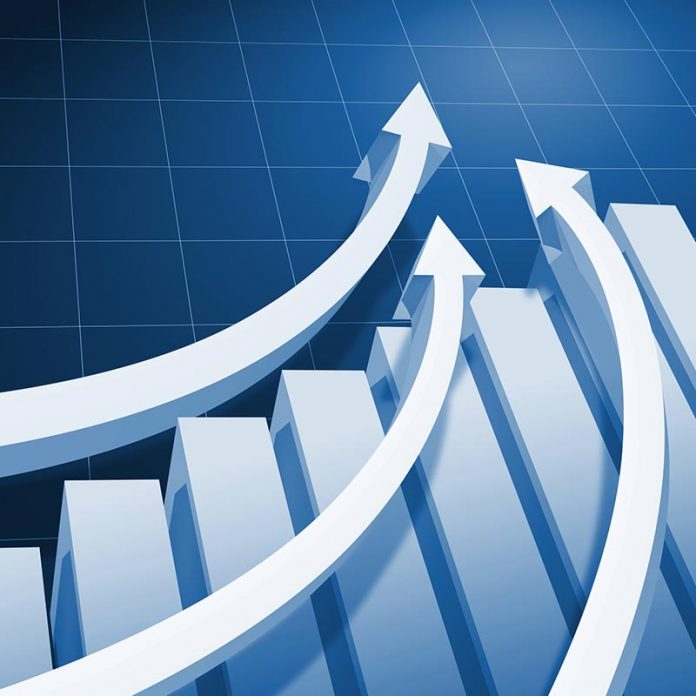While bar charts, line graphs and simple numbers are hardly capable of providing the defining answer to many economic, social and political questions, they are certainly a good way of obtaining a general overview of any particular subject.
Each month the Business Supplement will look into a brace of statistical information and provide readers with what we consider to be the central elements of these figures. Readers are encouraged to dig deeper for greater perspective.
English Proficiency
The Education First English Proficiency Index ranks 72 countries and territories based on data obtained by testing approximately 950,000 adults online who are prepared to take tests in English. The scores are grouped into five proficiency bands with very high, which is above 60 to very low, a score of 48 or under.
Thailand ranked a low 62nd in 2015, with a score of 45.35, but managed to improve marginally, to 56th place, in the 2016 series, scoring 47.21. When it comes to comparing Asians with Asians, Thailand ranks 15th, behind that perennial winner Singapore, which had a 63.52 score, Malaysia with 60.70, the Philippines, Vietnam and Indonesia.
The latter pair are probably a cause for some concern since both represent real competition in terms of attracting tourists and, especially, business.
The Economy of the Future
In January this year the Business and Sustainable Development Commission released a list of what it called the 12 largest business themes in a world heading for the UN Sustainable Development Goals.
With increasing strains being placed on resources and the environment, it is clear Asia needs to join the global drive aimed at cleaner and sustainable economic activity.
Not surprisingly, technology in the form of mobility systems was identified as the clear leader on the list, with the next five on the table being new healthcare solutions, energy efficiency, clean energy, affordable housing, and circular economy manufacturing.
The last six were healthy lifestyles, food loss and waste, agricultural solutions, forest ecosystem services, urban infrastructure and buildings solutions.
The Internet of Things
Businesses, governments and consumers are all engaged in using the Internet of Things, or IoT as it is now termed, and just about everyone agrees it will transform our lives.
The IoT is expected to be worth around US$13 trillion by 2025 and there will be an astonishing 24 billion IoT devices installed by 2020. The breakdown of these numbers will see governments having 7.7 billion devices installed by 2020, while businesses will have 11.22 billion devices installed and private consumers around five billion.
These devices will see a return on investment of about US$4.7 billion for governments and $7.6 billion for business by 2025.
The biggest spending in the IoT up until around 2025 will come on application development, just ahead of device hardware and system integration.











